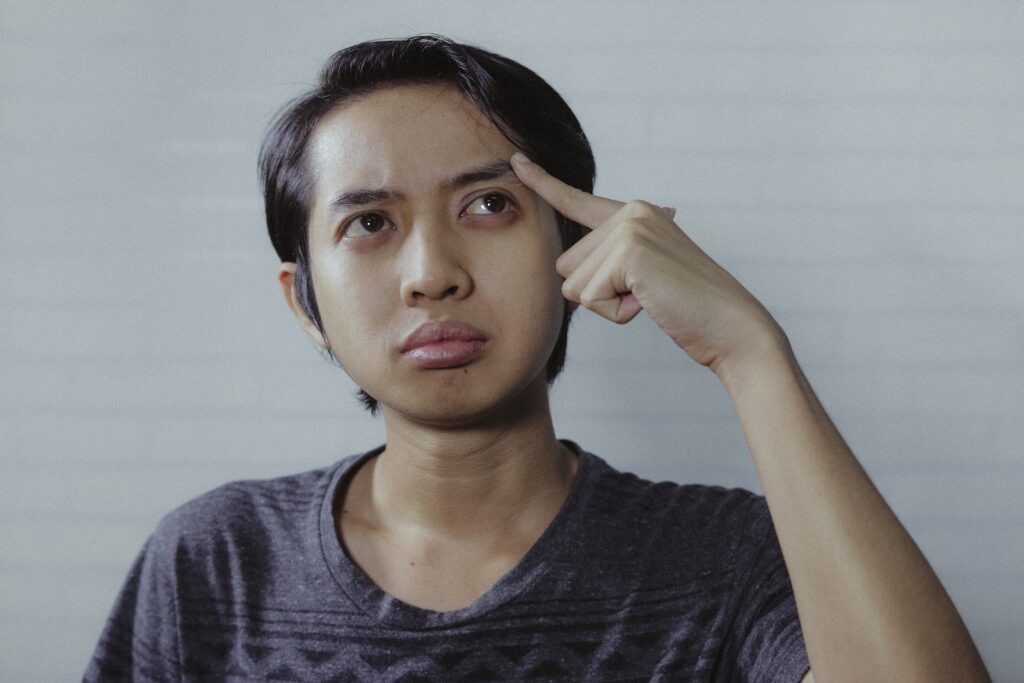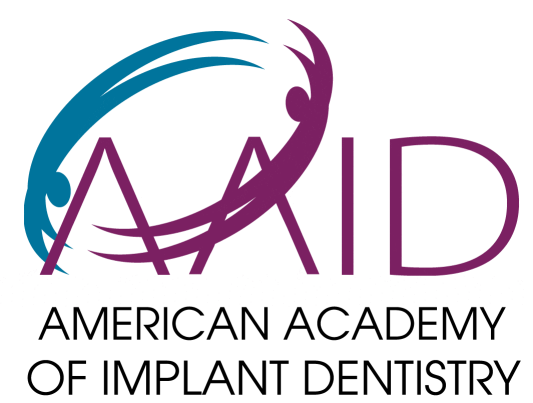Invisalign can effectively fix many types of underbites, particularly mild to moderate cases, using a series of custom clear aligners that gradually move teeth into proper alignment. Yes, Invisalign successfully treats most underbites by applying controlled pressure to shift both upper and lower teeth over time, offering a discreet alternative to traditional braces with treatment times typically ranging from 12-24 months depending on severity.
Underbites are more than just a cosmetic issue—they can impact your oral health, bite functionality, and self-confidence. At Lansdowne Family Dental in Virginia, we understand that patients seeking underbite correction want both effective results and a comfortable treatment experience. Invisalign has emerged as a groundbreaking solution that addresses underbites while maintaining your lifestyle and appearance throughout treatment.
Key advantages of Invisalign for underbite correction include:
- Gradual tooth movement that repositions both upper and lower teeth
- Clear, removable aligners that won’t interfere with daily activities
- Precise treatment planning using advanced 3D imaging technology
- Comfortable progression with gentle, consistent pressure
At the intersection of advanced orthodontic technology and personalized patient care, our team at Lansdowne Family Dental specializes in using these innovative clear aligners to address underbites, improve dental alignment, and restore both function and confidence for patients throughout Ashburn, Sterling, Leesburg, and Lansdowne.

Understanding Underbite: Causes and Concerns
An underbite occurs when the lower jaw protrudes ahead of the upper jaw, causing a misalignment that can affect both appearance and functionality. Here’s a closer look at the causes and concerns:
- Genetics: Often, an underbite is a gift from your ancestors, passed down through generations.
- Habits: Childhood habits like thumb-sucking or prolonged bottle-feeding can contribute to jaw misalignment.
- Tumors: In rare cases, tumors in the jaw region can lead to an underbite.
Understanding the cause is crucial as it aids in determining the appropriate corrective measure.
Also, Find out why we are the best Dentist in Leesburg, Virginia
Invisalign Technology
Invisalign, with its clear aligners, has revolutionized orthodontic treatment. Unlike traditional braces, Invisalign aligners are virtually invisible, removable, and generally more comfortable.
- Customization: Each aligner is customized to the patient’s teeth structure, ensuring a snug fit.
- Flexibility: Being able to remove the aligners during meals or special occasions is a luxury not afforded by traditional braces.
- Progressive Correction: The treatment involves a series of aligners, each nudging the teeth closer to the desired position.
Invisalign vs Traditional Braces for Underbite Correction
When it comes to underbite correction, both Invisalign and traditional braces have their place. However, their effectiveness may vary based on the severity of the underbite.
| Aspect | Invisalign | Traditional Braces |
| Appearance | Less noticeable | Very noticeable |
| Comfort | Generally more comfortable | Less comfortable |
| Treatment Duration | Varies based on case | Often longer |
| Effectiveness | Ideal for mild to moderate underbites | Suitable for severe underbites |
Evaluating Effectiveness: How Well Does Invisalign Address Underbite Issues?
Invisalign has proven effective in correcting mild to moderate underbites, with many cases showing successful realignment of teeth over time. The core of its effectiveness lies in the technology and the customized treatment plan.
- Mild to Moderate Cases: Ideal for individuals whose misalignment is primarily attributed to tooth positioning.
- Severe Cases: For more severe underbites, traditional braces or even surgery might be necessary.
Cost Analysis: Investing in Invisalign for Underbite Treatment
Investing in Invisalign could be seen as investing in oneself. While it might come with a higher price tag compared to traditional braces, the benefits of a nearly invisible treatment process and the convenience it offers make it a worthwhile consideration.
Professional Insights: What Dentists Say About Invisalign for Underbite
Dentists play a pivotal role in underbite correction. Their insights into the effectiveness of Invisalign are grounded in both education and practical experience.
- Expert Opinions: Many dentists affirm the efficacy of Invisalign in correcting mild to moderate underbites, highlighting the importance of a personalized treatment plan.
- Comparative Analysis: Dental professionals often compare the benefits and limitations of Invisalign against traditional orthodontic solutions, aiding patients in making informed decisions.
Also, Find out why we are the best Dentist in Ashburn, Virginia
Our Approaches For Underbite Correction with Invisalign
At Lansdowne Family Dental, located in the serene locales of Leesburg, Ashburn, Sterling, and Lansdowne, Virginia, personalized treatment plans are at the core of underbite correction using Invisalign. Dr. Elosta here ensures a thorough assessment of each case to determine the suitability of Invisalign as a corrective measure for underbites.
- Initial Consultation: A thorough examination to ascertain the severity of the underbite and the overall dental health.
- Tailored Treatment Plans: Crafting a treatment plan that aligns with the individual’s dental needs and lifestyle preferences.
- Progress Monitoring: Regular follow-up appointments to monitor the progress and make necessary adjustments to the treatment plan.
Conclusion: Making the Informed Decision for Your Dental Health
The journey of exploring whether Invisalign can fix underbites leads to a realization; that the effectiveness largely depends on the individual case. While Invisalign presents a modern, less conspicuous alternative to traditional braces, its suitability and effectiveness in correcting underbites hinge on the severity of the misalignment and the expertise of the dental professionals involved.
Frequently Asked Questions
- What types of underbites can Invisalign correct? Invisalign is adept at correcting mild to moderate underbites where the misalignment is primarily due to tooth positioning rather than skeletal issues.
- How long does it take to correct an underbite with Invisalign? The duration varies, but typically, correction can take anywhere from several months to a few years, depending on the severity of the underbite and adherence to the treatment plan.
- Is Invisalign treatment painful? While some discomfort is normal, especially when transitioning to a new set of aligners, most users find Invisalign to be more comfortable than traditional braces.
- How often will I need to visit the dentist during Invisalign treatment? Regular check-ups, usually every 6 to 8 weeks, are essential to monitor progress and receive the next set of aligners.
- Can I switch from braces to Invisalign? Yes, it’s possible to switch, but it requires a thorough evaluation by your dentist to determine the feasibility and the new treatment plan.
- Is Invisalign a permanent solution for underbite? Post-treatment retention using retainers is crucial to maintain the corrected position of the teeth, making it a long-term solution to an underbite.






